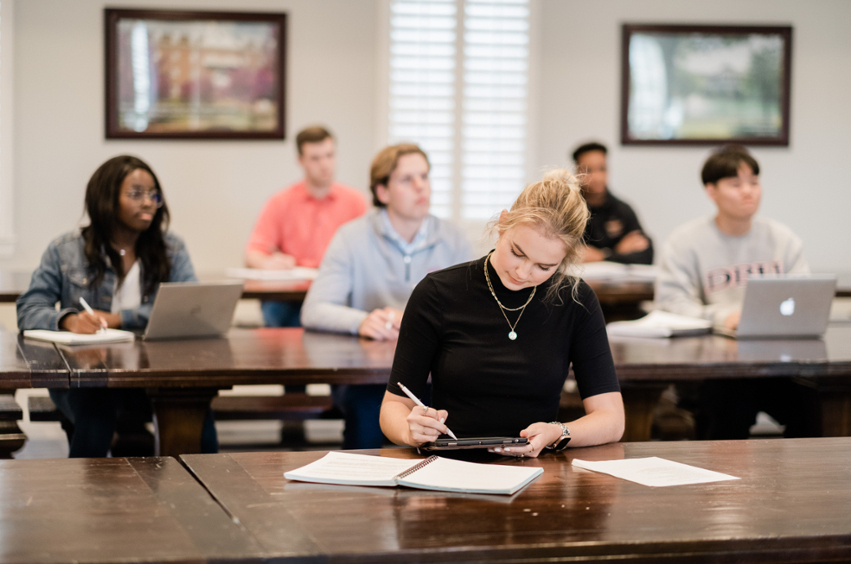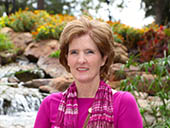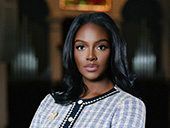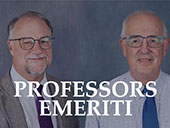The Virtue of Curiosity
This article is over six months old and may reference former titles for DBU faculty or staff, discontinued programs, or other details that have since changed. If you have any questions, please contact us at news@dbu.edu, or (214) 333-5172.

While there are many habits we should adopt as we begin a new semester, I want to suggest it's important that we cultivate the virtue of curiosity.
Curiosity can sometimes get a bad rap. It apparently once had an altercation with a cat that ended badly. It's no doubt true that curiosity can sometimes get us into trouble. Like virtually anything in life, we can misuse or overdo curiosity and this can cause lots of problems. We really shouldn't want to experience and know everything, as a matter of curiosity! But, when used appropriately, curiosity is an intellectual virtue that leads us to truth.
What is curiosity? Curiosity is, in its most basic form, wondering about the world. The virtue involves asking good and probing questions in the search of truth.
Now, for most people this sounds like a good thing to do. However, some well-meaning Christians might be more than a bit nervous about telling students to cultivate curiosity about their Christian faith. Do we really want them questioning their Christian faith? Shouldn't we be recommending childlike faith instead?
As biblical as this might sound, it's worth knowing that the term childlike faith is nowhere in Scripture. Jesus does use the example of children (e.g., Matt. 18:2), but he certainly doesn't call us to a childish faith. In fact, the writer of Hebrews challenges us to leave the childish thinking about God and to have a mature faith (Heb. 6:1-2).
But let's talk about Children. Children are very trusting but they are also VERY curious and many children beautifully strike the balance between trust and curiosity. They ask questions, questions and more questions. One of my children is especially given to curiosity. She asks questions about EVERYTHING! I sometimes have to cut her off, giving her the "okay sweetie, last question" because if I don't I won't make it to work on time! However, in all of these questions, I have never once felt that she didn't trust me. In fact, she was coming to me with questions precisely because she trusts me and loves me. And for some reason she thinks I might have the answer to her curious questions.
When children ask questions, their attitude is rarely skeptical or cynical (that comes in the teen years!). Generally speaking, they are not trying to usurp or unseat the authority of the father or mother. They are just simply and intensely curious. They ask awesome questions because they are filled with wonder and awe at what they see.
Should students be curious about their faith? Yes, absolutely! But not as skeptics or cynics unsatisfied with any answer. We should be curious about our faith not to be a problem but simply because we want to know God in a full and deep way.
Jesus was once challenged to identify the most important thing for followers of God to do. He was asked, "which command in the law is the greatest?" (v. 36). Now this might not sound like much of a challenge, but if you know anything about the Old Testament, you know that there are A LOT of laws. Jesus is being asked to single it all down to one command as the greatest. Seemingly without hesitation, Jesus says, "Love the Lord your God with all your heart, with all your soul, and with all your mind" (37). This, Jesus says, is the greatest and most important of all the commands. This is of course a well-known verse, but I think we often miss the fact that Jesus is saying that we are to, in part, love God with all our minds.
Have you ever thought about that? What does it even mean to love God with all your mind? I suggest it means, as an expression of our love, we intellectually seek to know God and his world. In short, we should be intellectually curious because of our love and longing to know him.
As we begin our semester, I say ask your curious questions seeking to know the truth about God and his world. This is not only to get good grades and earn a degree but as an expression of your love and worship of God. You were created to know him. So be curious!
Dr. Travis Dickinson serves as a Professor of Philosophy at Dallas Baptist University in the College of Christian Faith.








